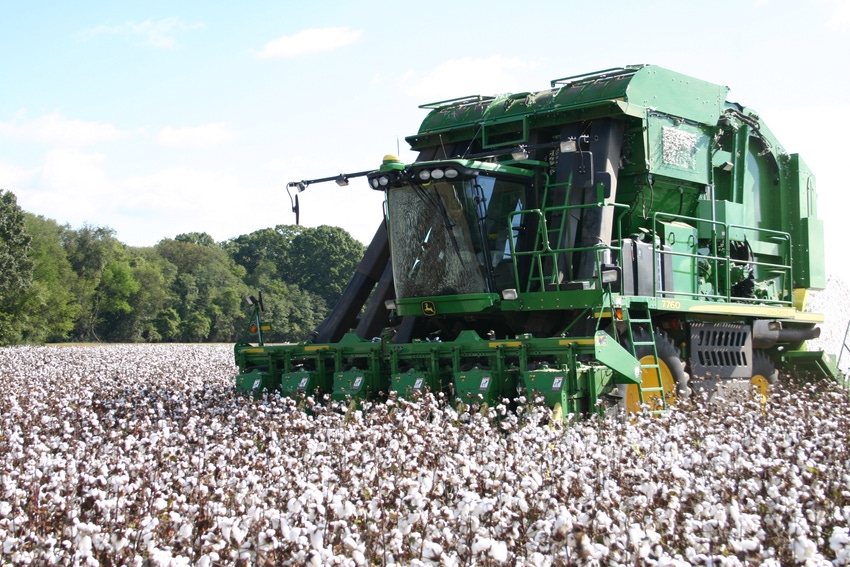July 8, 2014

The only constitutional amendment on the July 15 primary runoff ballot in Alabama would allow the state's cotton farmers to decide if their current voluntary checkoff program should become automatic.
The provision has wide support from the state’s farming community, including the Alabama Cotton Commission, Cotton Incorporated and the Alabama Farmers Federation State Cotton Committee.
“The research and cotton policies funded by the Alabama cotton checkoff program have kept our family farm in business,” said Autauga County farmer Jimmy Sanford, chairman of the Alabama Cotton Commission.
The commission is a board of 11 cotton farmers who serve as unpaid volunteers responsible for disbursing checkoff funds.
Cotton farmers created the checkoff in the ‘70s to help their industry rebound from losing marketshare to man-made fibers. Since then, Alabama farmers have paid a self-imposed fee for each bale of cotton sold. That money must be used for cotton research, educational and promotional activities.
Most notably, checkoff money helped fund research for the boll weevil eradication program, which increased yields and reduced pesticide use. More recent research has helped farmers reduce yield losses from pests such as stinkbugs and nematodes while protecting the soil and environment.
“All Alabama cotton farmers benefit from research funded by the cotton checkoff with increased yields and improved environmental practices,” said Federation Cotton Division Director Carla Hornady. “Through the farmers’ commitments to supporting this program, cotton remains a viable crop in Alabama. The industry employs nearly 2,800 people and has a $290.1 million economic impact for our state’s economy.”
Currently, the checkoff contains a refund option, which only 7 percent of farmers request. However, those farmers have access to and benefit from checkoff-funded research and promotion without paying into the program.
“This amendment is a fairness issue with us,” Sanford said. “We think it’s time for all of us cotton farmers to have a uniform stake in what needs to be done. And we’re asking the general public to allow us to have that uniform voice by voting ‘yes’ on this amendment. Voting in favor of Amendment 1 will help cotton compete nationally and globally in the fiber market.”
If the July 15 amendment passes, the commission would then be allowed to schedule a vote for cotton farmers to decide on the proposed change to the checkoff program.
Additional information on the amendment and the state’s cotton checkoff program is available at ChooseCotton.com.
Want access to the very latest in agriculture news each day? Subscribe to Southeast Farm Press Daily. It’s free!
About the Author(s)
You May Also Like




